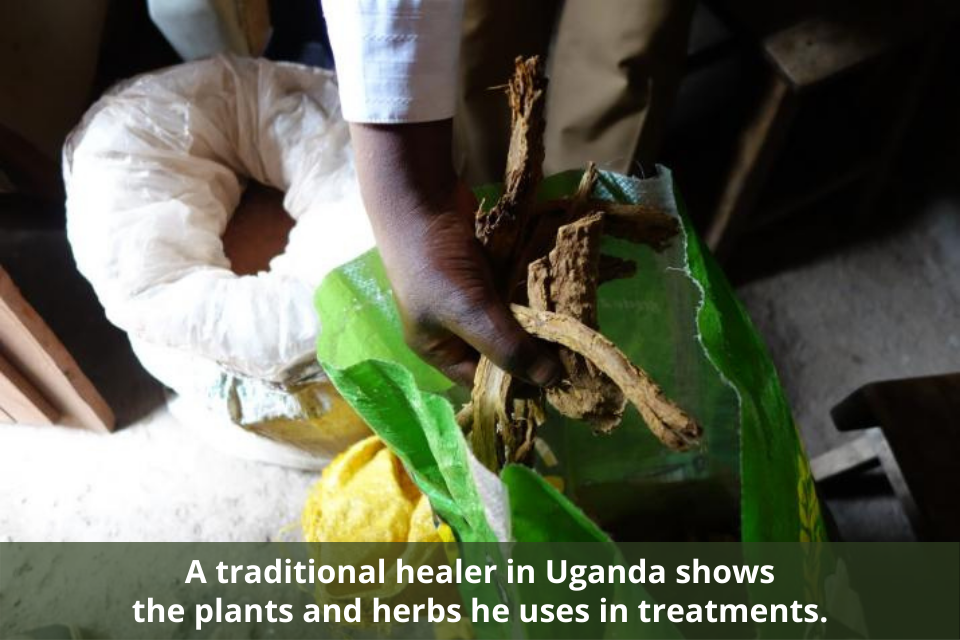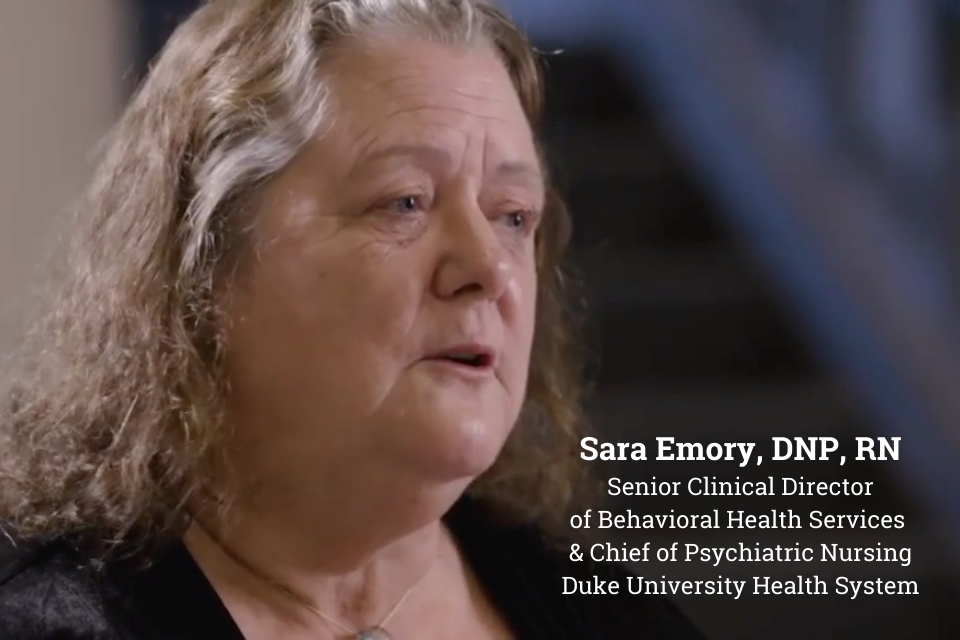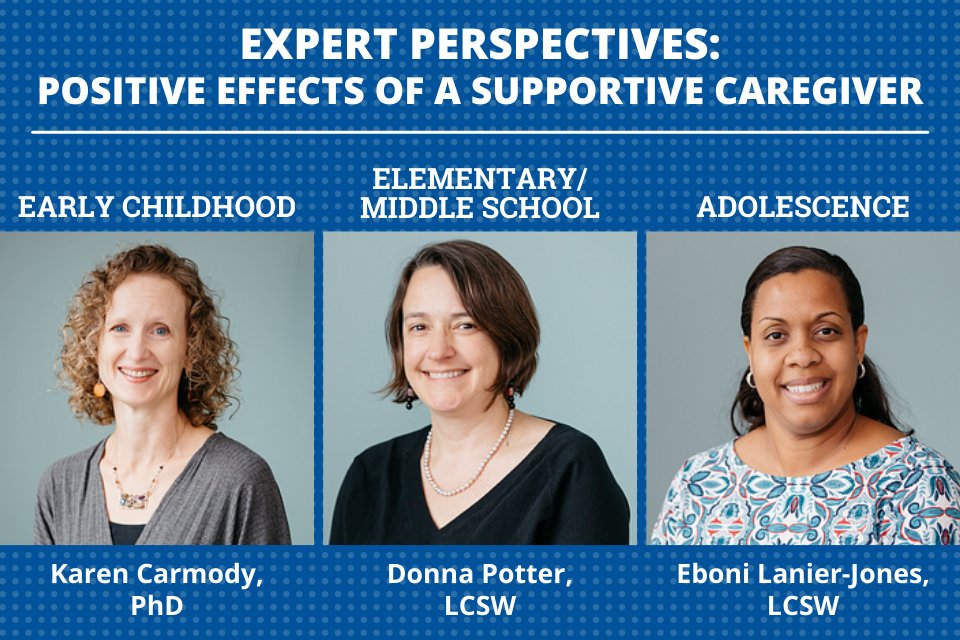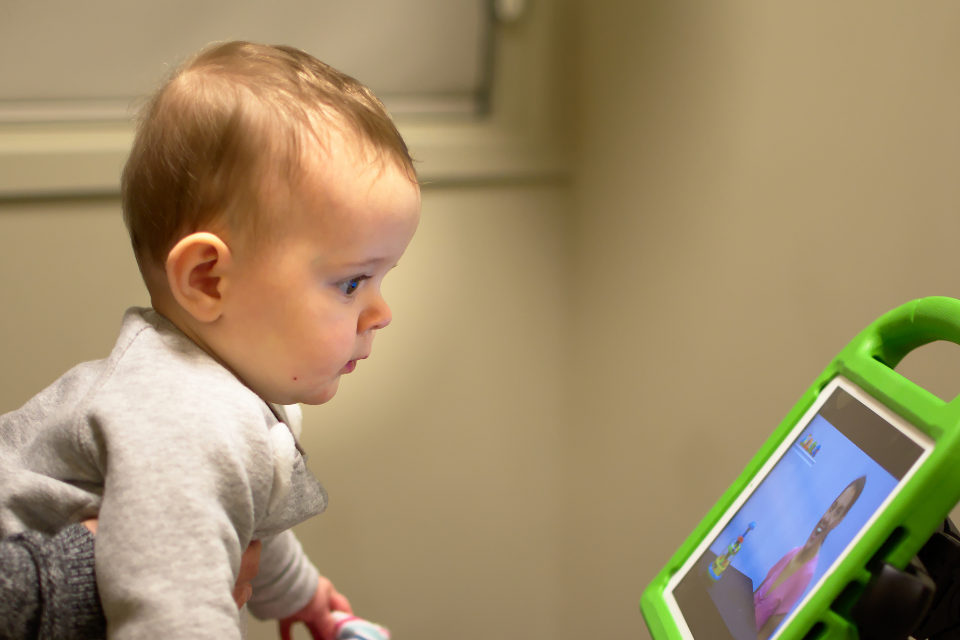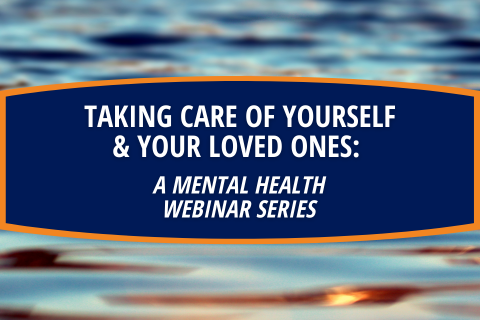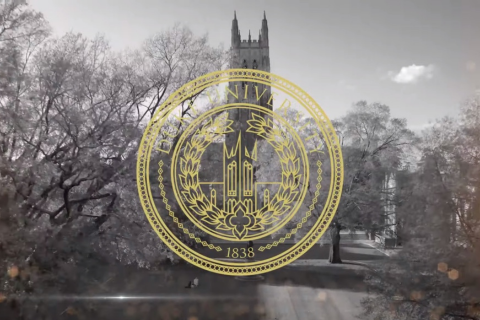Check out our news archive below to learn more about what’s happening in Duke Psychiatry & Behavioral Sciences!
Duke Center Offers Hope for People with Misophonia
It happens almost every time Zach Rosenthal, PhD, talks to people, either individually or at academic gatherings or public lectures, about his fie
Understanding the Influence of Spiritual Beliefs on Epilepsy Care
In Uganda, a person who suffers the repeated seizures associated with epilepsy is most likely to seek help first from a traditional or spiritual healer, which may not be surprising considering that
Q&A with Sara Emory, a Driving Force behind Duke’s New Behavioral Health Center
Sara Emory, DNP, RN, recalls that even as a young child, she would wonder what people were going through that would prompt them to act in certain ways—an early sign of her concern for others and a seed that blossomed into a career of more than 41 years in psychiatric nursing.
Q&A with Duke Psychiatry Experts: Supportive Caregivers Can Pave the Way for Children’s Well-Being
In honor of Children’s Mental Health Awareness Day, we talked with three experts in the Department of Psychiatry & Behavioral Sciences to learn more about the long-ranging positive effects of supportive caregiver relationships on a child’s mental health, well-being and success in life.
Jonathan Posner, MD, to Join Duke Psychiatry as Vice Chair for Research
Jonathan Posner, MD, will be joining the Duke University School of Medicine’s Department of Psychiatry & Behavioral Sciences faculty beginning September 1.
Study Shows Smartphone App Can Identify Autism Symptoms in Toddlers
A digital app successfully detected one of the telltale characteristics of autism in young children, suggesting the technology could one day become an inexpensive and scalable early screening tool, researchers at Duke University report.
Duke Psychiatry Experts Offer Mental Health Webinar Series
From February through April, the Department of Psychiatry & Behavioral Sciences hosted a six-event mental health webinar series, "Taking Care of Yourself and Your Loved Ones."
Congratulations to our Duke Presidential Award Winners
Congratulations to Kafui Dzirasa, MD, PhD, on winning a Presidential Award, and to our department members who are part of LATIN-19, which won a team Presidential Award—including LATIN-19 executive team member Gabriela Nagy, PhD.
Duke Regional Opens New Behavioral Health Center and Emergency Department
Answering a long-standing need in the community for enhanced behavioral health services, Duke Health is opening a newly built center at Duke Regional Hospital that will provide a setting specifically designed for the comfort and care of these patients.
“In-the-Moment” Mental Health Support for Students from Their Peers
A new student-operated texting platform called DukeLine has a single goal: improving the mental health of students through quick peer response. Associate professor Nancy Zucker, PhD, advises the program.

